
Témoignages
Lennart et Margit
LIRE LA SUITELes seniors sont en meilleure forme, en meilleure santé et plus indépendants que jamais. Le vieillissement de la population entraîne des défis sociétaux. C’est là qu’interviennent les solutions de santé assistées par la technologie, en offrant des solutions de sécurité numériques, à la qualité éprouvée et rentables, qui permettent aux seniors d’être indépendants plus longtemps.

Témoignages
Lennart et Margit
LIRE LA SUITE
White papers
Les soins assistés par la technologie réduisent la solitude des personnes âgées
LIRE LA SUITE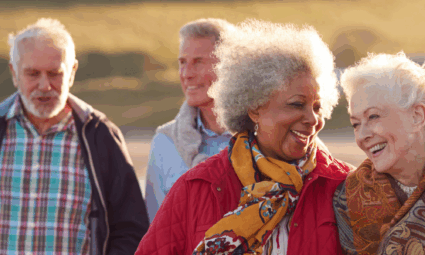
White papers
La technologie comme solution au tsunami de l'argent
LIRE LA SUITE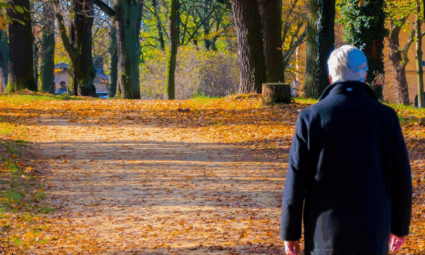
White papers
Favoriser le vieillissement actif des personnes atteintes de démence
LIRE LA SUITE
White papers
Sécurité incendie pour une population vieillissante
LIRE LA SUITE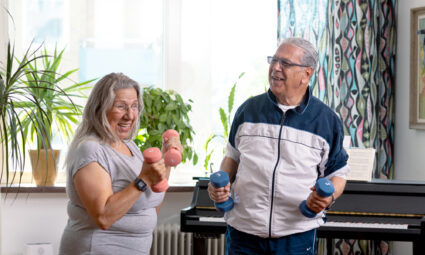
White papers
Pourquoi la téléassistance doit-elle passer de l'analogique au numérique ?
LIRE LA SUITE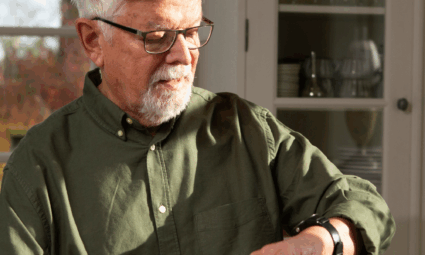
White papers
L'avenir de la vie autonome pour les personnes âgées
LIRE LA SUITE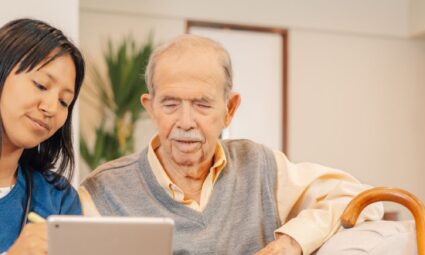
White papers
Comment la téléassistance numérique crée un avenir indépendant et flexible pour ses utilisateurs
LIRE LA SUITE
White papers
La surveillance à distance renforce la sécurité et l'intégrité des personnes âgées
LIRE LA SUITE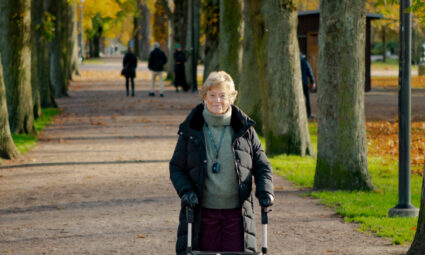
White papers
Indépendance numérique : Vieillissement et technologie
LIRE LA SUITE